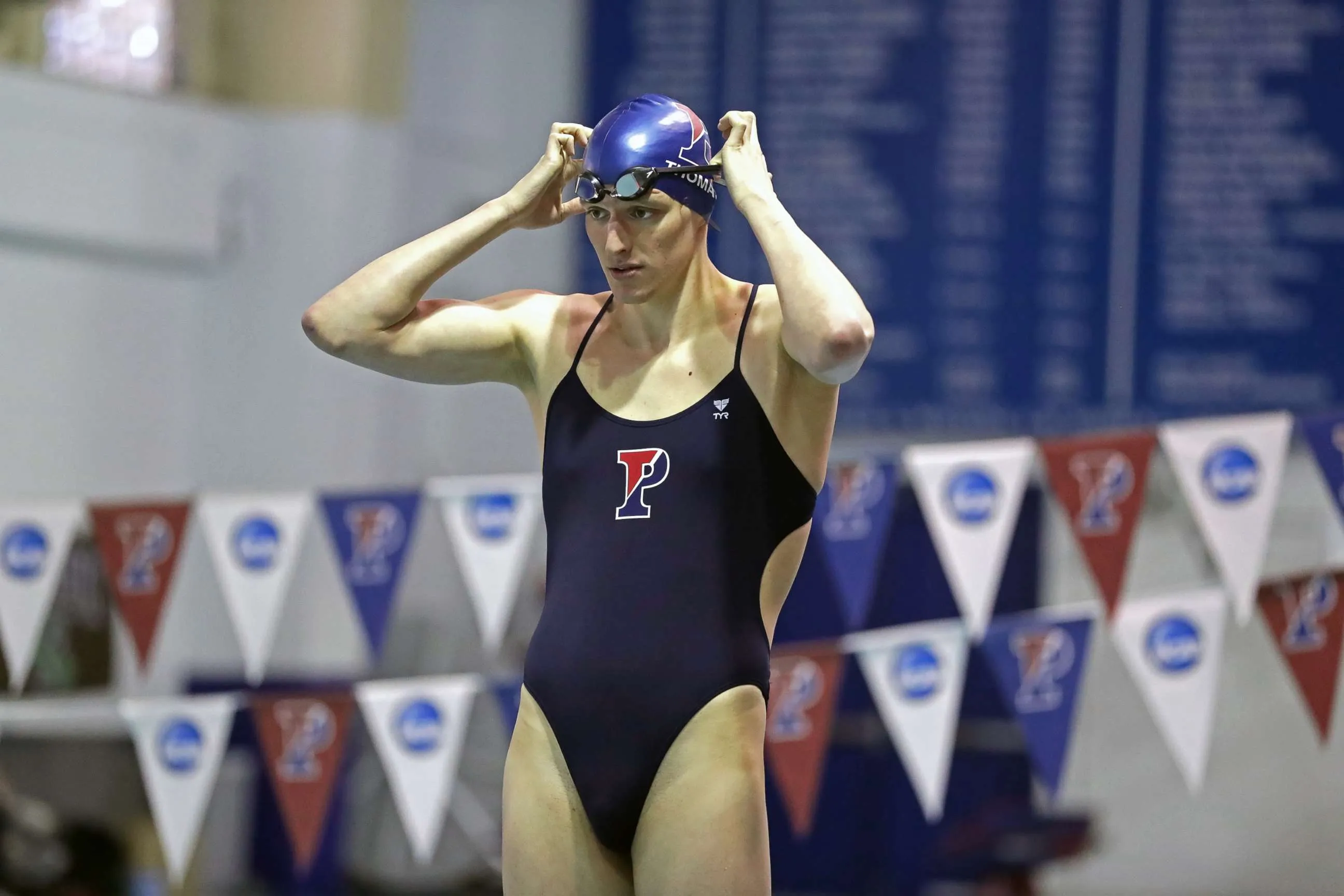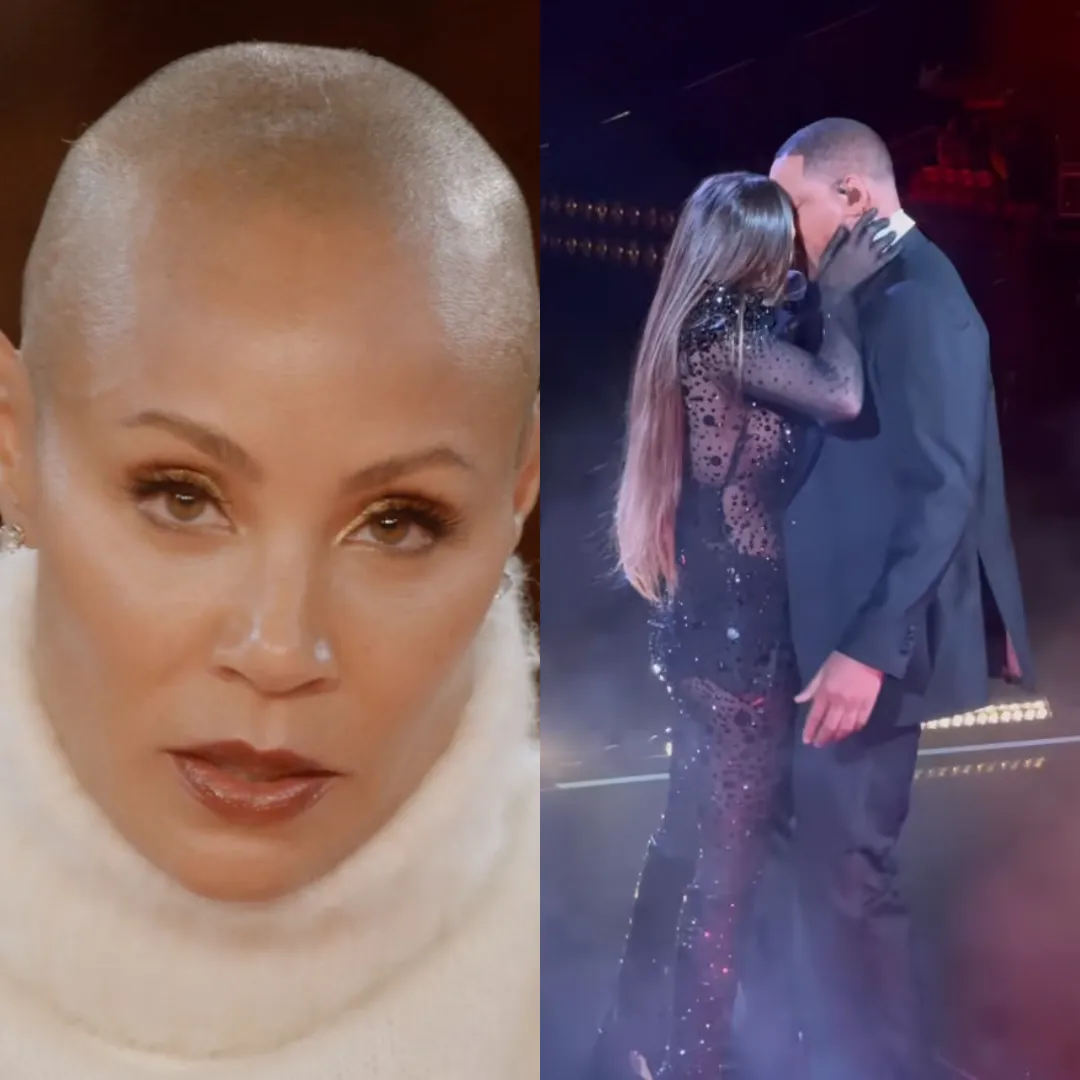
Lia Thomas, the transgender swimmer who made headlines as a trailblazer in collegiate sports, has once again found herself at the center of a heated national debate. The 24-year-old former University of Pennsylvania swimmer, who became the first transgender athlete to win an NCAA Division I swimming championship, recently spoke out against the criticism she continues to face. Her message was clear, defiant, and deeply personal: “I’m not a man.”
Thomas’s journey to becoming a household name has been anything but smooth. After transitioning and beginning hormone replacement therapy in 2019, she competed on the women’s swimming team, where her performances quickly sparked controversy.
While many celebrated her achievements as a step forward for transgender rights in sports, critics have argued that her participation in women’s events is unfair to cisgender athletes, citing perceived physiological advantages. Thomas, however, has consistently pushed back against these claims, asserting that her identity and adherence to NCAA regulations make her rightful place in women’s sports undeniable.

In a recent interview, Thomas addressed the criticisms head-on. “The idea that I transitioned to gain an athletic advantage is absurd,” she said. “This wasn’t about swimming faster; it was about being true to myself.” Thomas’s statement highlighted the personal struggles she endured before transitioning, including feelings of alienation and depression. “Being inauthentic to who I am was taking a toll on my mental health,” she added.
Despite her efforts to shine a light on the importance of inclusion and acceptance, Thomas’s path has been fraught with hostility. Protesters at swim meets, online harassment, and even political interventions have plagued her career. Legislation across the United States has sought to bar transgender athletes from participating in sports that align with their gender identity, a trend that Thomas describes as “devastating.”
“I didn’t expect everyone to accept me immediately,” Thomas acknowledged. “But the amount of vitriol has been shocking. It’s not just about me—it’s about trying to erase transgender people from public life.”
Supporters of Thomas have rallied behind her, praising her resilience in the face of adversity. LGBTQ+ advocacy groups have highlighted her achievements as a symbol of progress and visibility for transgender individuals. “Lia Thomas is a hero,” said one activist. “She’s standing up not just for herself but for the countless young transgender athletes who are watching and hoping for a more inclusive future.”

However, the backlash remains intense. Critics, including prominent athletes and public figures, have continued to question the policies that allow transgender women to compete in female categories. Some argue that even with hormone therapy, the physical advantages of male puberty create an uneven playing field. Others, however, caution against reducing the conversation to biology alone, emphasizing the complexities of identity and fairness.
Thomas’s story has reignited broader discussions about the role of gender in sports. At the heart of the debate is the question of how to balance inclusivity with fairness. While organizations like the NCAA and International Olympic Committee have implemented guidelines for transgender athletes, the issue remains far from settled. Critics have called for more stringent regulations, while advocates argue that these measures often place undue burdens on transgender individuals, forcing them to prove their legitimacy in ways that cisgender athletes are never subjected to.
Amidst the controversy, Thomas has refused to be silenced. She continues to speak openly about her experiences, using her platform to advocate for broader acceptance and understanding. “It’s not about winning medals or breaking records,” she said. “It’s about making space for people like me to exist and thrive.”
Her courage has inspired many, but it has also made her a target in the ongoing culture war surrounding transgender rights. From social media debates to legislative battles, Thomas’s name has become a flashpoint in a struggle that extends far beyond the swimming pool.

As public opinion on transgender issues continues to evolve, Thomas remains steadfast in her mission. “I know there are people out there who will never accept me,” she said. “But I’m not doing this for them. I’m doing it for the kids who are scared to be themselves, for the athletes who feel like they don’t belong. They deserve better.”
While the future of transgender inclusion in sports remains uncertain, one thing is clear: Lia Thomas’s voice will not be silenced. Her journey is a reminder that progress often comes at a cost, but it also shows the power of perseverance in the face of adversity. Whether celebrated as a pioneer or vilified as a controversial figure, Thomas has undeniably left a lasting impact on the conversation about gender, identity, and fairness in athletics.



